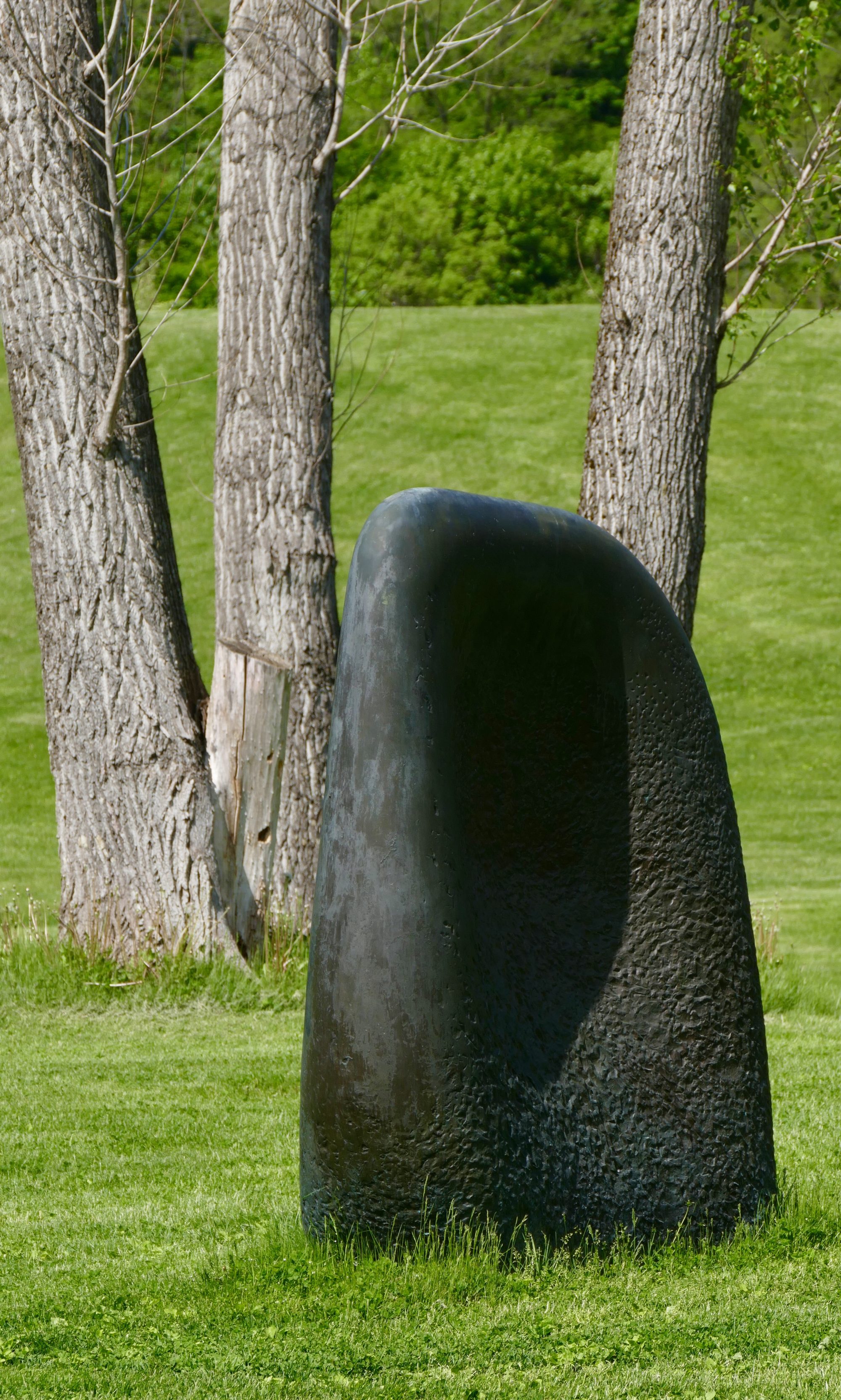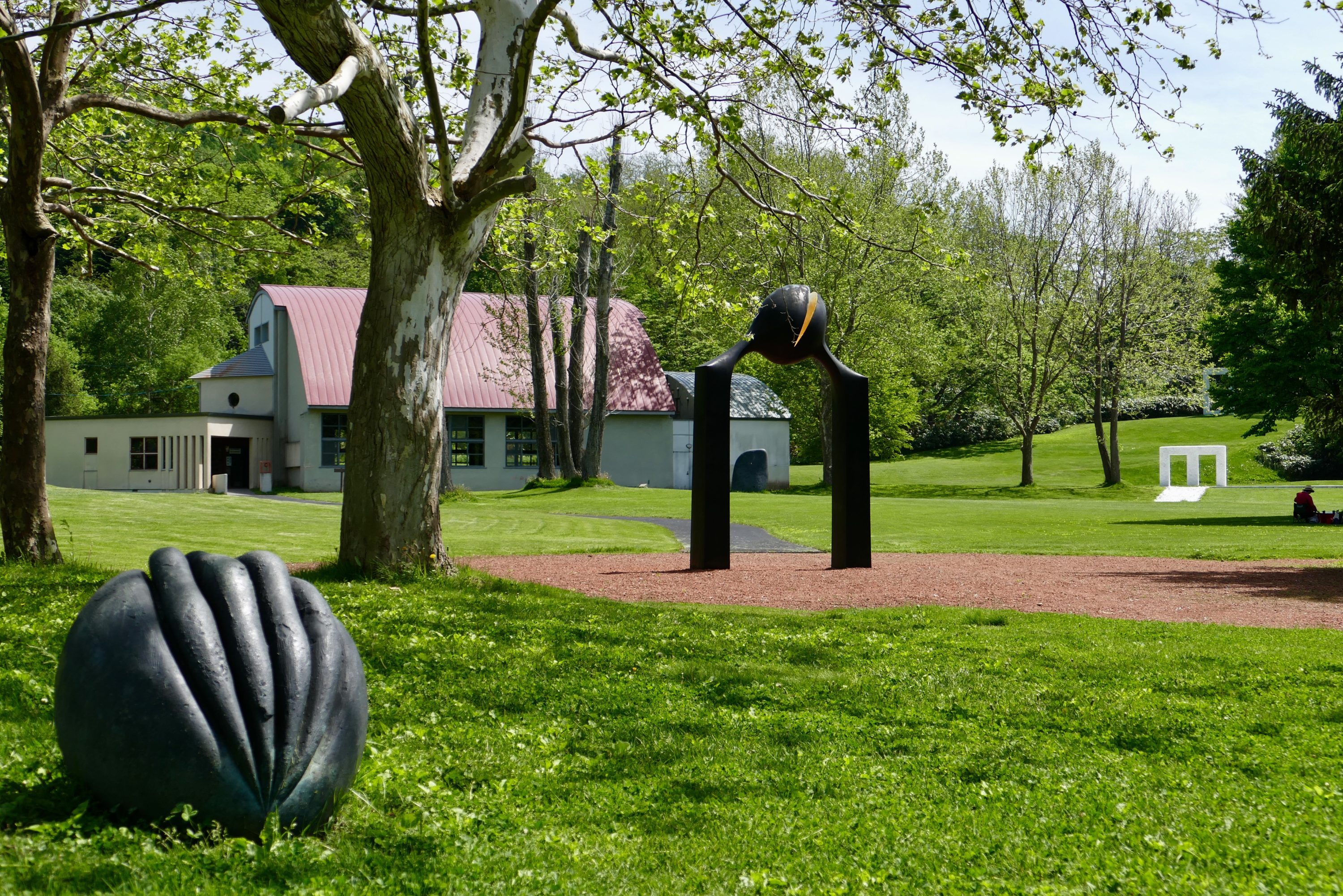One of the world’s more remarkable sculpture parks is in a former school’s grounds, near a frayed little city in Hokkaido.
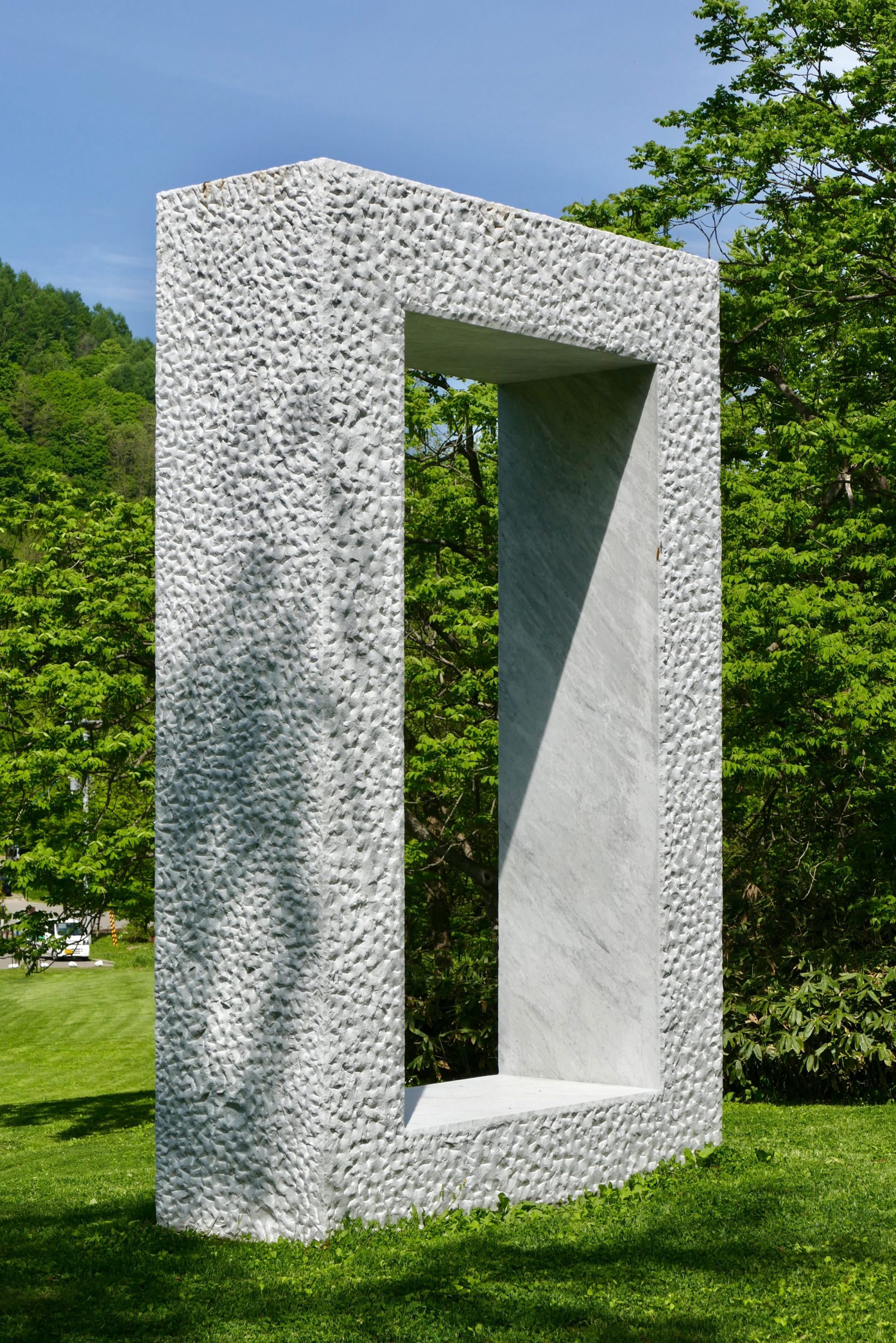
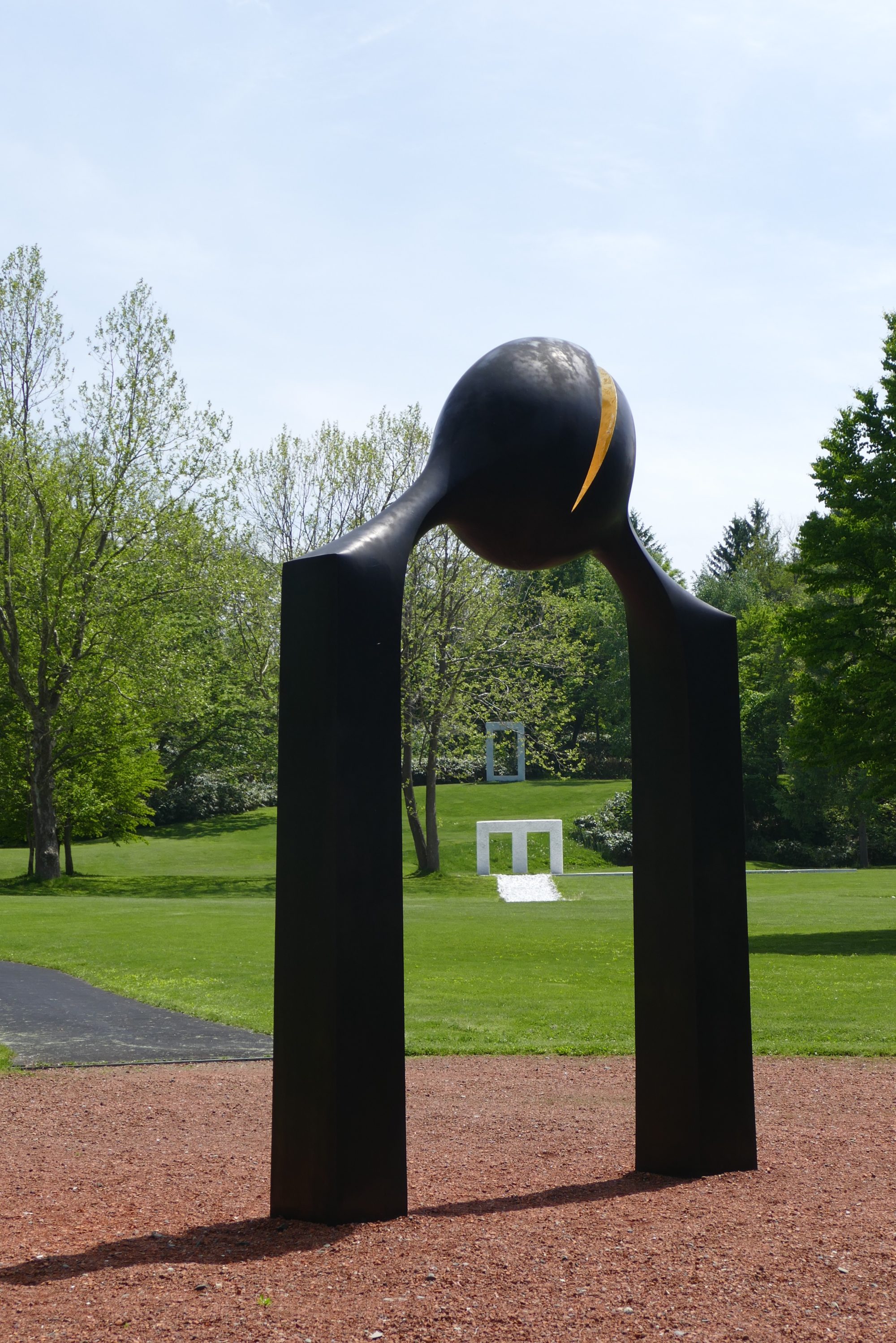
You are more likely to recognise the name of the artist than that of Bibai, where Kan Yasuda was born in 1945.
Fewer than 25,000 people live in Bibai – a shrunken city around an hour away from Hokkaido’s metropolis; Sapporo is one of very few substantial Japanese cities that now enjoy a rising trajectory.
Coal is the key to Bibai’s former prosperity…and its decline, since Bibai’s two big mines closed in 1963 and 1973.
Kan Yasuda moved to Italy in 1970, but – as is true of not a few internationally celebrated Japanese expatriates – he has never forsaken Japan.
On any given day many thousands of people directly experience one of Kan Yusada’s sculptures; they are in prominent places in Asia, Europe, North America, even Sydney, Australia.
However, Arte Piazza Bibai is the only place where – free of charge, day or night, whether the sun shines on manicured lawns, or peeps through forest, or is hidden by clouds adding yet more snow, metres-deep – anyone who goes there can enjoy more than 40 of Kan Yasusda’s works, set in 17 unfenced acres.
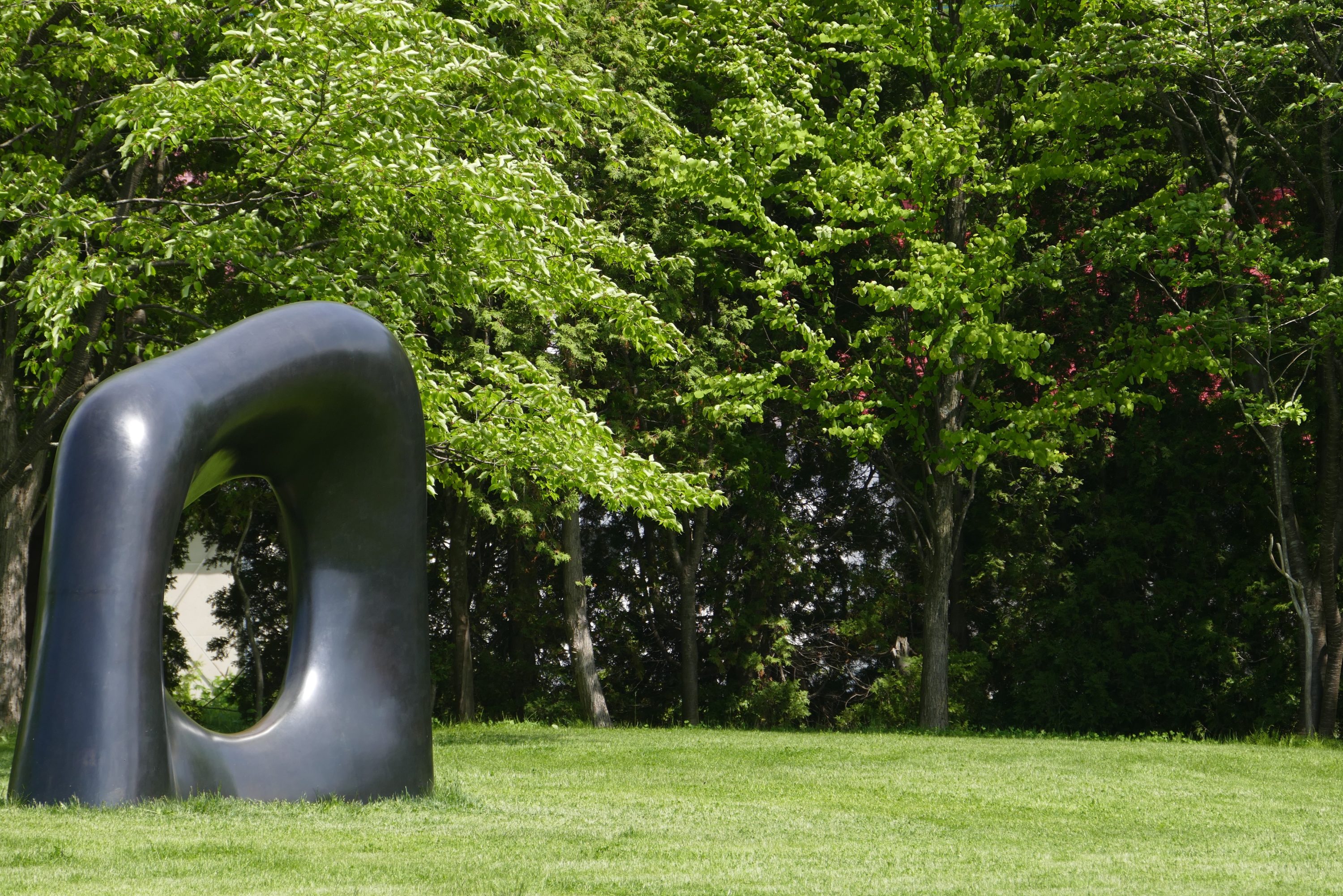
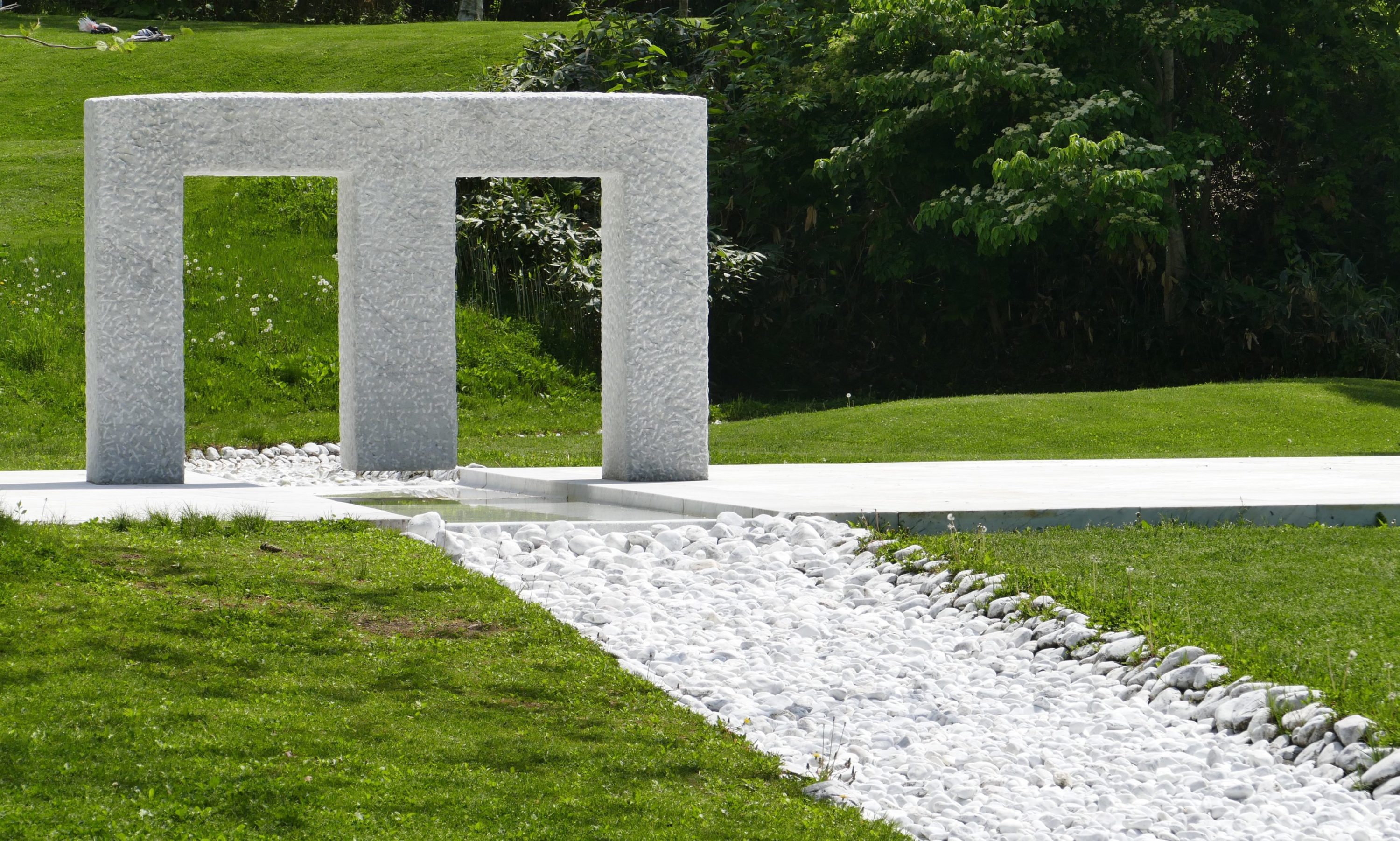
Variously voluptuous/ curvaceous/ smooth, or angular/ stark/ pitted, Kan Yasuda’s sculptures are site-responsive rather than site-specific; each is positioned with care, but their creator sometimes places essentially the same form in utterly different contexts which range from “pastoral idyllic” through to “quintessentially urban”, or he sculpts essentially the same form in very different media. (for an example, click here, then see my next two images)
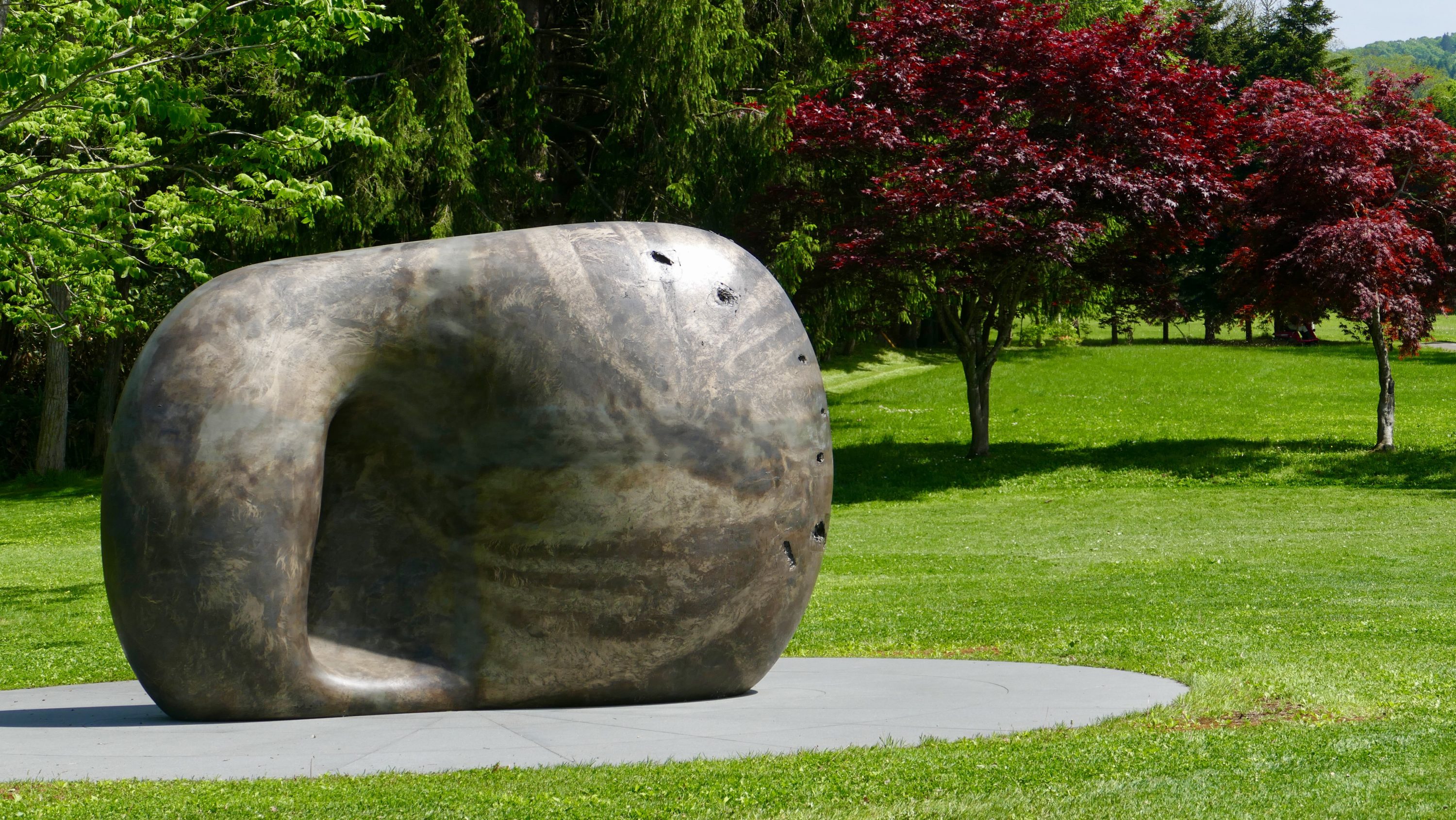
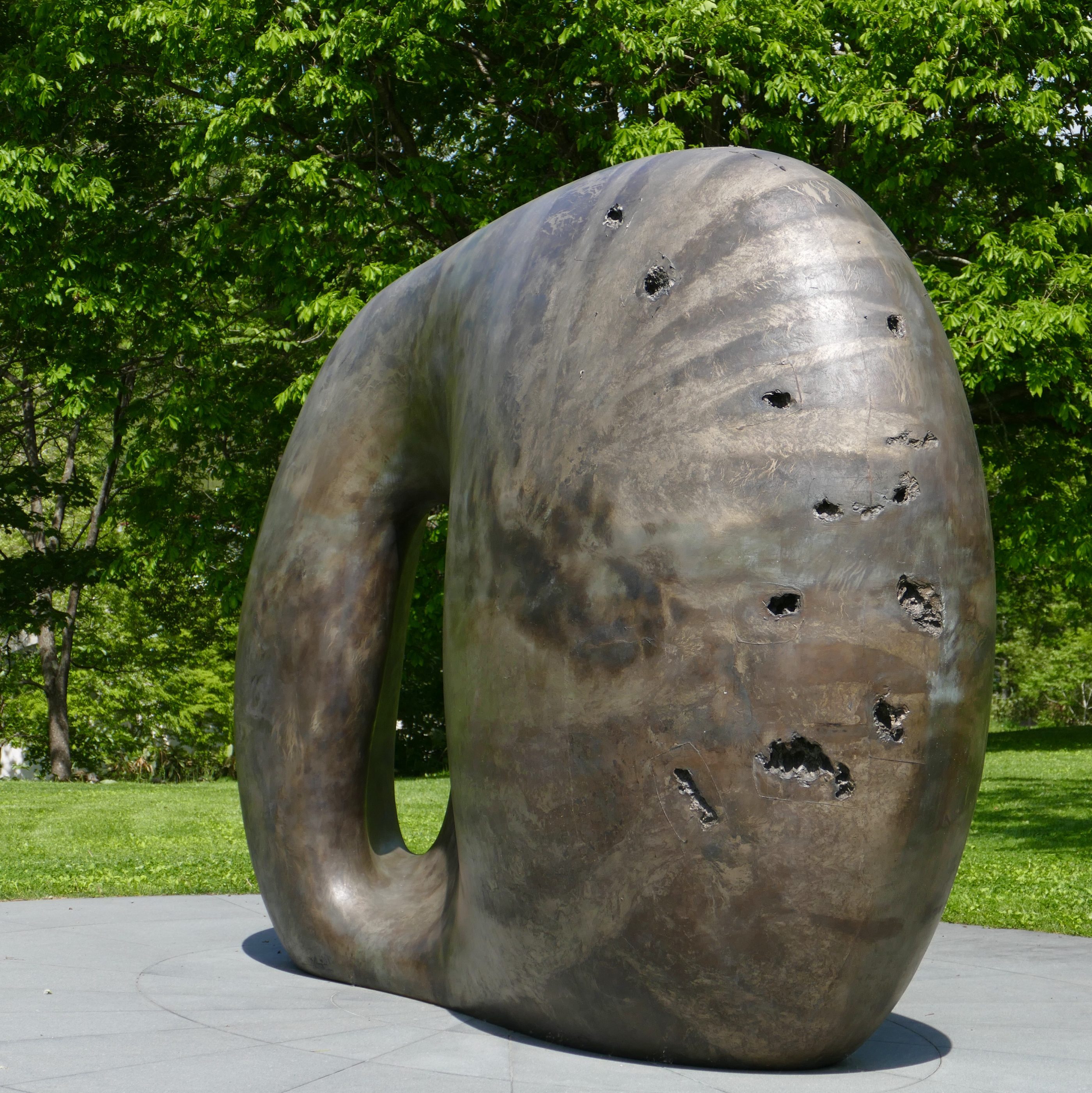
Arte Piazza Bibai is pleasingly free of labels, explanations and instructions.
There are no pretentious statements, no “do not touch” signs; here, “tactile” sculptures are in fact tactile – your touch is welcomed.
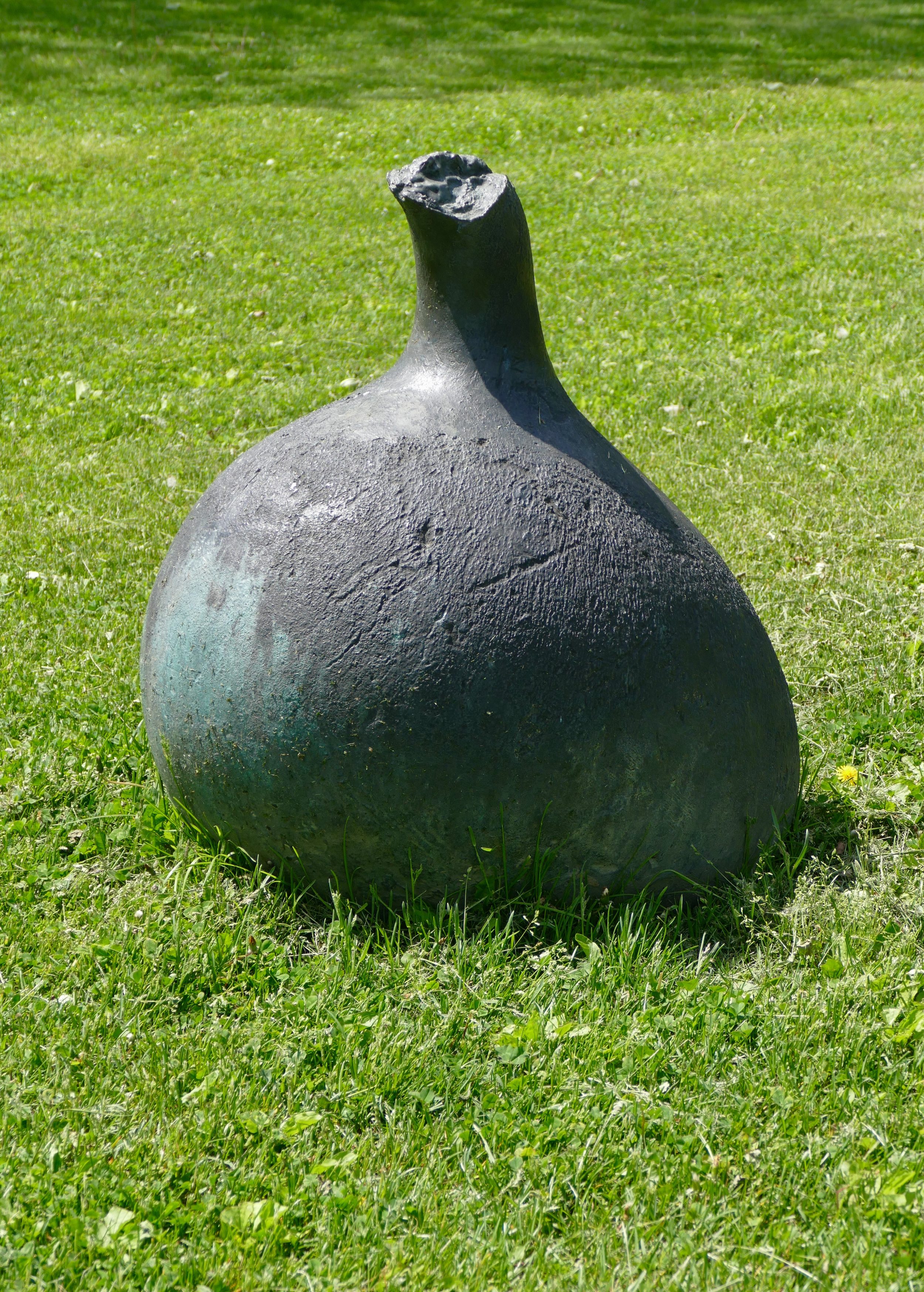
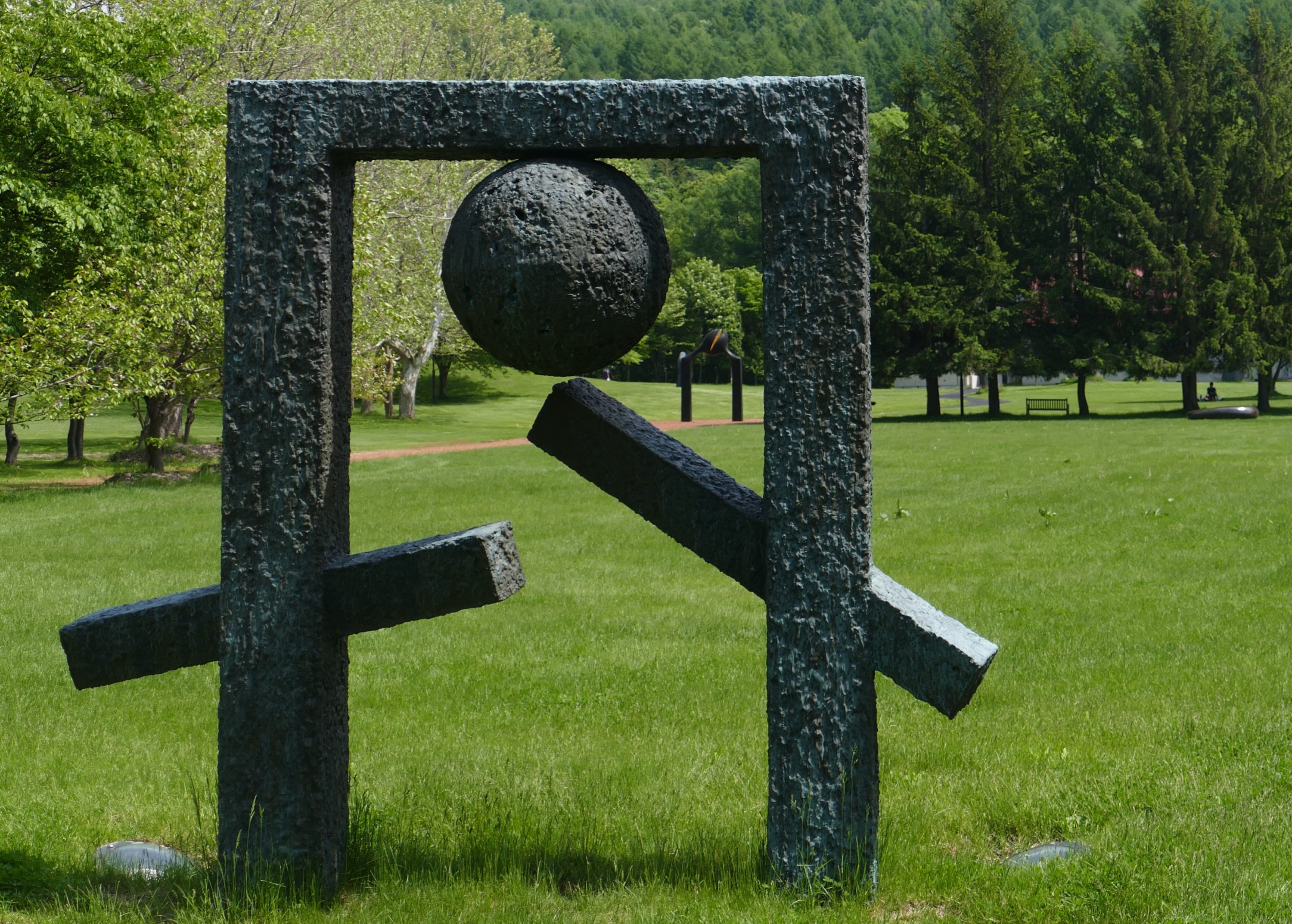
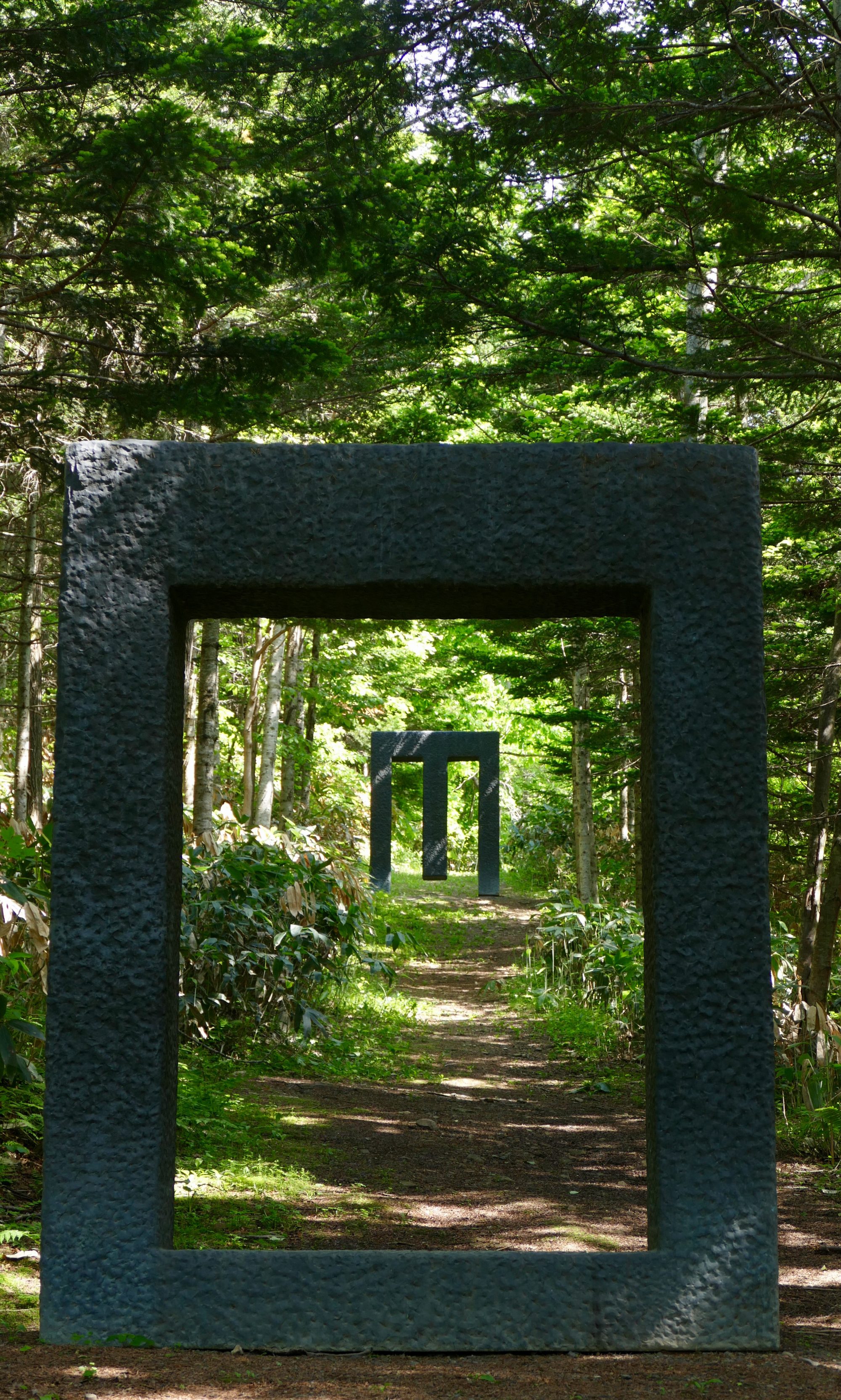
Kan Yasuda lives near Carrera; “his” marble’s source is the same as Michelangelo’s.
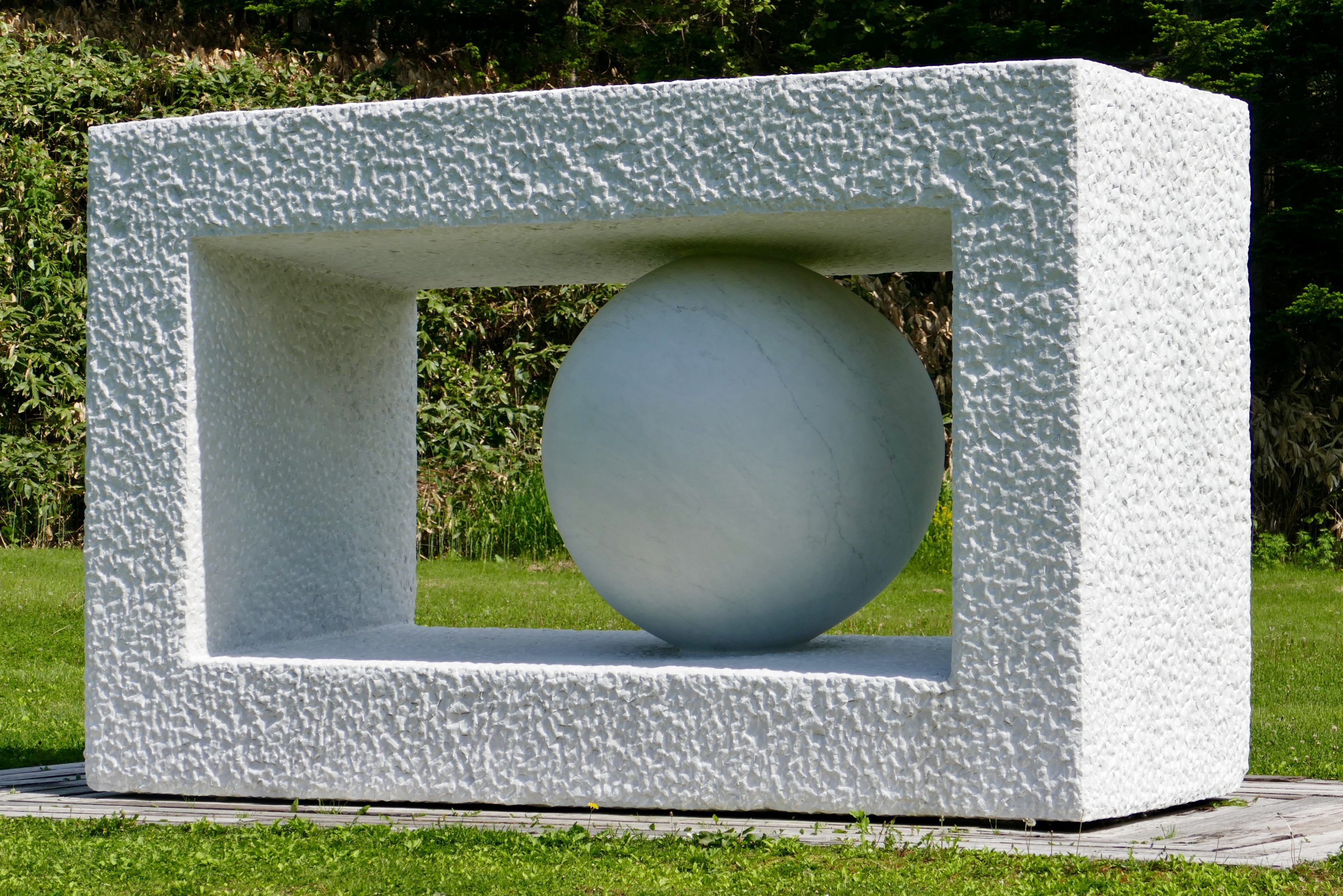
Kan Yasuda prefers to let his works speak for themselves.
In 2016, in what one could reasonably describe as a “so-called interview”, among the few sentences he uttered – as translated into English – is this explanation of what his pieces ask of their audience:
To see yourself. To get to know yourself. Each person creates their own answers. And the sculpture is like a trigger for that.
